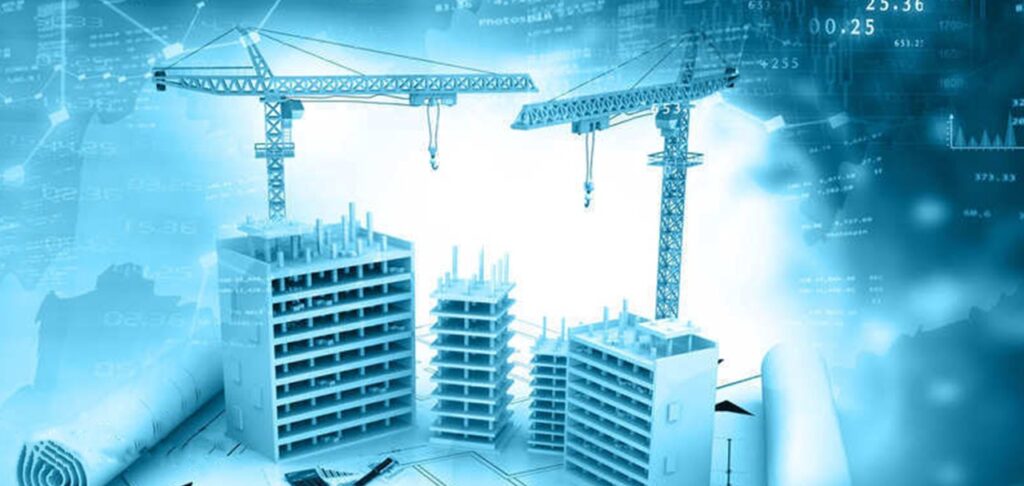Effect of Real Estate on the Economy of the Country

The Real Estate sector alone contributes to minimum of 6-7% of a country’s GDP (Gross Domestic Product); it plays a very critical role in the economy. It also generates the large employment. A strong real estate market is good for the economy of the country. Retail, hospitality and commercial real estate also are growing & they provide the much-needed social infrastructure for a country’s growing needs. It is considered as purchase of a home is the largest Investment that normally people do in their lifetime.
It is a commodity, and as such is bought and sold. The process of obtaining the property utilizes various people in various areas of the industry which become an active element of the workforce. An active workforce is earning income which in turn is used within its local and in some cases regional or international communities, which generates revenue in areas not directly related to real estate.
Economists follow the new and existing Housing sales numbers very carefully. Rising home sales is an economic indicator which shows consumer confidence in the future and a growing economy. Housing sales also drive much of the durable goods purchases that are required to furnish a new home. This new household formation means not only sales of more durable goods but non durables as well. For a new home or building formation along with the property/land many other things are required, construction materials & furnishing materials, ultimately building formation process undergoes in to the purchase of durable and non durable goods. As time goes value of home rise which in turn raise the wealth and it affects the economic behavior of people.
When there are lots of Home Constructions going on that produces a lot of jobs in the construction industry and its supply chains-which include concrete, steel, energy, metal, heavy machineries etc. These form the core of heavy industry landscape in many nations. Then immediately after people buy a home, they need to fill the home-with furniture, appliances, gadgets, art samples, interior decorations etc. These purchases again stimulate the corresponding supply chains.
It is easy to see that infrastructure creates the conditions for property development, but it should not be forgotten that this is a two-way relationship. Tube extensions, schools, hospitals, and so on are all examples of projects whose viability can be highly dependent on associated real estate development.
Finally, Real Estate represents an attractive asset class for institutional investors such as pension funds, insurance companies and sovereign wealth funds. Not only does this maximize investment opportunities and returns for pensioners and savers from around the world, it also makes large urban regeneration projects possible.
It is important for the investors that government should not take them granted. Frequent and significant changes to the tax and regulatory environment might affect the profitability of such investments and send investors the wrong message, driving them away. Instead, the government should focus on how it can help real estate to flourish and allow the benefits that the industry provides to the economy to be felt as widely as possible. As wealth increases consumers feel more confident which tends them to make riskier economic bets. Directly or indirectly the Real Estate sector plays an important role in the growth of country’s economy.
Categories
- Blog (6)
- Commercial and Retail (3)
- Company Information (29)
- Energy (1)
- Industrial Projects (18)
- News (5)
- Real Estate (29)
- Renovate (1)
- Repair (2)
- Residential properties (4)
- Solar (1)
Sewakram Realty based in Hubli is a prominent and key player in Real estate construction and contracting business. We are catering to wide range of construction services from residential buildings, commercial properties, industrial projects such as cold storage construction, warehouse building, and road constructions.
Quick Links
Contact Details
Address
1st floor D.M. Patil Layout Opp Traffic Police Station Kusugal Road, Keshwapur, Hubballi-580023
Phone
+91 836-2282111 / +91 84318 95637
realtyofficial@sewakram.com

